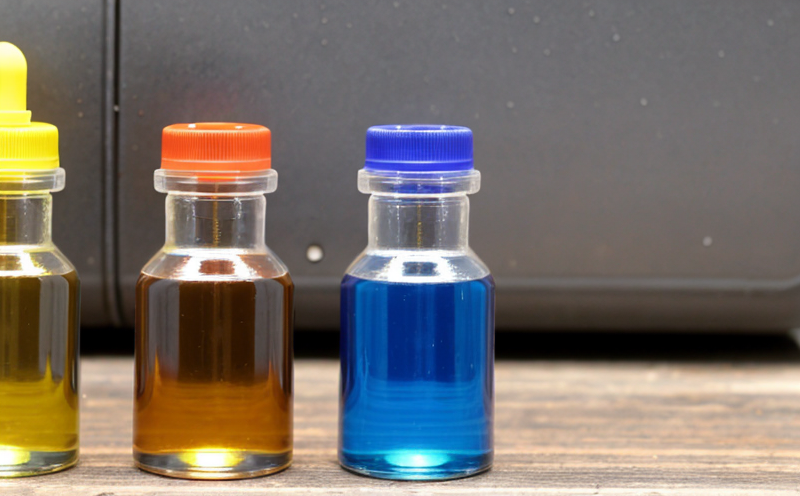Coffee pH Testing
Understanding the acidity or alkalinity of coffee is essential in quality control and ensuring consistency across different batches. Coffee pH testing provides insights into the balance between acids and bases, which significantly impacts taste and aroma.
The importance of this test cannot be overstated for quality managers and compliance officers who need to ensure that products meet strict industry standards. For R&D engineers, accurate pH measurements can guide formulation changes and innovation. Procurement teams benefit from this testing as it ensures the consistency of raw materials used in coffee production.
Acid-base balance is a critical aspect of coffee quality. The optimal range for coffee pH typically falls between 4.6 and 5.2, which aligns with the natural acidity profile that enhances taste. Deviations from this range can lead to off-flavors or an unpleasant aftertaste.
In the process of testing, samples are prepared by extracting a representative portion of coffee grounds using distilled water at room temperature for about 30 minutes. The extracted liquid is then filtered and analyzed immediately to prevent any changes in pH due to oxidation or carbon dioxide release.
The chosen method for this analysis involves titration with a standard sodium hydroxide (NaOH) solution until the endpoint is reached, indicating neutralization. Alternatively, modern automated potentiometric pH meters can also be used for rapid and precise measurement.
Accurate pH testing requires stringent adherence to international standards such as ISO 3596:2017 or ASTM E148-17. These guidelines provide the necessary precision in sample preparation, reagent use, and endpoint determination to ensure reliable results.
The significance of this test extends beyond mere compliance; it also aids in optimizing brewing processes. By understanding the pH level, coffee producers can adjust water hardness, extraction time, and temperature to achieve desired flavor profiles.
In summary, pH testing for coffee is a vital tool that helps maintain consistent quality across production batches. It ensures that products meet regulatory requirements and customer expectations while fostering innovation in product development.
Applied Standards
The International Organization for Standardization (ISO) and American Society for Testing and Materials (ASTM) provide robust frameworks for conducting accurate pH testing. These standards ensure that tests are conducted consistently across different laboratories, enhancing reliability.
For instance, ISO 3596:2017 outlines the procedure for determining the pH of aqueous solutions using a potentiometer. This method is widely accepted and ensures precision in measurement. ASTM E148-17 provides additional insights into the use of titrants like sodium hydroxide to achieve accurate endpoint determination.
Adherence to these standards not only guarantees compliance but also builds trust with customers and stakeholders. It demonstrates a commitment to quality that is essential in the competitive beverage industry.
Scope and Methodology
| Step | Action | Description |
|---|---|---|
| 1 | Sample Preparation | Select a representative portion of coffee grounds and extract using distilled water at room temperature for 30 minutes. Filter the extracted liquid. |
| 2 | Titration | Determine pH by titrating with a standard NaOH solution until neutralization is achieved. Alternatively, use a potentiometric pH meter. |
Eurolab Advantages
At Eurolab, we provide comprehensive coffee pH testing services that cater to the needs of our clients across various sectors. Our team of experts ensures that each test is conducted in strict adherence to international standards.
We offer rapid turnaround times and detailed reports that include recommendations for process optimization based on pH results. Our state-of-the-art equipment guarantees precision, while our experienced analysts ensure accurate interpretation of data.
Our clients benefit from our commitment to quality assurance and continuous improvement in testing methodologies. By leveraging Eurolab's expertise, businesses can enhance their product offerings and meet regulatory requirements confidently.





